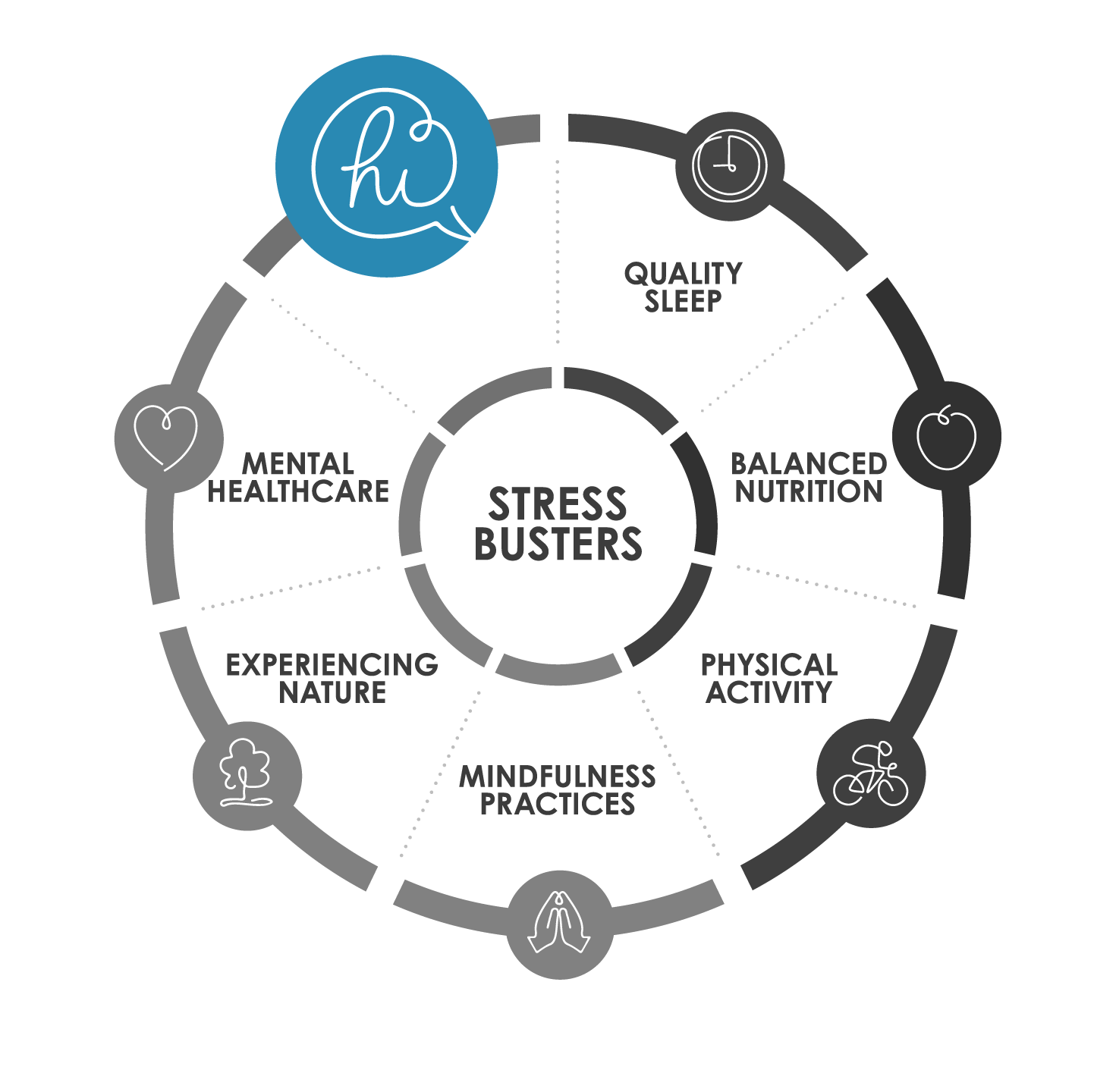Stress Busters Resources for Professionals | Supportive Relationships

A list of resources for health care professionals and community-based organizations on helping clients foster supportive relationships.
See CBO toolkit for additional resources by Stress Buster.
ACES AWARE RESOURCES
- Download the ACEs Aware Supportive Relationships Stress Buster handout (English | Spanish)
- Stress Busters Toolkit for Community-Based Organizations
- Stress Busters: Clinical Strategies for Preventing and Mitigating Toxic Stress (Free online training course)
- Supportive Relationships Stress Buster resources for everyone
DIRECTORIES AND PROGRAMS FOR LOCAL RESOURCES
Engage your community network, work with your local 211 or other resource tools to identify local resources to help people build supportive relationships and grow their social network (e.g., parenting/caregiver classes, universal home visiting programs*, faith-based groups, clubs, mentors, and sports teams through school or local organizations; reduced fees may be available).
*For some, home visiting programs may seem threatening and remind them of child welfare services; for more information see the Stress Buster Toolkit for Community-based Organizations – Supportive Relationships.
- Findhelp.org
- 211.org
- Family Resource Centers Network of California
- Boys & Girls Clubs
- Community Navigator Programs
- Visión y Compromiso (Promotoras)
- Regional centers
FOR EXPECTING OR NEW PARENTS/CAREGIVERS
- National Parent and Youth Helpline at 1-855-427-2736
FOR PARENTS/CAREGIVERS WITH YOUNG CHILDREN
- Reach Out and Read program for free books (in 28 languages)
- Sesame for Families for activities caregivers and children can do together
- “Serve and return”: Engage in responsive, back-and-forth exchanges between a child and parent/caregiver
- For Native American families, the Mending Basket Resource Center offers online parenting, strengthening relationships, and suicide prevention workshops.
- Native Dads Network offers support to fathers and mothers, working to protect and restore the Indigenous family structure.
- Family Resource Centers: Free services connecting families and community partners to services and resources supporting children with disabilities
- Two-Generation Approach to ACEs
FOR ADOLESCENTS
- YMCA
- Boys & Girls Clubs
- Mentoring programs (schools and companies can have mentoring programs)
- Findhelp.org (e.g., enter zip code and search “mentor”)
- 211.org (e.g., enter zip code and search “mentor”)
- Boys & Girls Club mentorship programs
- Healthy Relationships in Adolescence (US Department of Health and Human Services)
- Teens and Social Media Use: What’s the Impact? (Mayo Clinic Health System)
FOR ADULTS
- NAMI Peer Support Groups: Online meetings offer respect, understanding, encouragement, and hope for adults (18+) living with a mental health condition.
- Tips for Building Healthy Relationships (articles and audio from Kaiser Permanente)
FIND A THERAPIST
Therapists can help individuals and families focus on building trust and positive relationship skills and empower parents to get their own healing and treatment, which can improve bonding and attachment. Ask if you can help people find mental or behavioral health services to support healthy family functioning (e.g., individual therapy, couples counseling, or caregiver-child therapies). See the mental healthcare Stress Buster for more information.
To find individual therapists to support attachment and relationship issues:
- Psychology Today database (if you have private insurance)
- Psychology Today list of Medi-Cal therapists in California
- People with Medi-Cal can call their local health plan or the Medi-Cal Mental Health Care Ombudsman at (800) 896-4042 and ask for a mental health assessment or needed services. For additional information regarding how to access mental health services in California, see: https://www.dhcs.ca.gov/services/MH.
- Therapy Project California: Current or former foster youth in California can get free teletherapy if they are referred via this form.
- Additional therapies to consider that focus on dyadic relationships:
- Couples therapy:
- Caregiver-Child therapy:
- Pediatricians who specialize in Developmental and Behavioral Pediatrics (DBP) are trained to do assessments and provide behavioral interventions and support children and families in addressing identified behavioral concerns.
- Many CBOs and community mental health organizations offer these assessments for free or reduced cost. To find out, contact local regional centers (https://www.dds.ca.gov/rc/)
RESOURCES FOR PROFESSIONAL BURNOUT
- Prevention of Burnout for Health Care Teams webinar (ACEs Aware)
- Prevention of Burnout for Health Care Teams course (Aces Aware)
- Addressing Burnout (California Health Care Foundation)
- Addressing Burnout in the Behavioral Health Workforce through Organizational Strategies (SAMHSA)
CULTURAL CONSIDERATIONS
- National CLAS Standards for how to provide culturally and linguistically appropriate services
FOR MORE INFORMATION
- The mental health continuum (about wide range of mental health states between “wellness” and “illness” during the lifetime)
- VITAL Relational Health Stepped Care Model or take the VITAL Relational Health training (help children and adults build positive relationships)
- Futures Without Violence website (prevent and end violence against women and children)
- Medi-Cal Peer Support Specialist Certification Training (use personal lived experience to professionally provide others with support)
- Supportive Relationships and Active Skill-Building Strengthen the Foundations of Resilience (Center on the Developing Child)
- Video by Dr. Bruce Perry on the Intimacy Barrier
- Information about peer support workers (SAMHSA)
- Types of Parenting Styles and Effects on Children (research article)
- Consider using a relationship mapping tool, such as the Circles of Support
- Recognize where you may have implicit bias, which can affect relationships with patients/clients
- Two-Generation Approach to ACEs (Center for Youth Wellness, a program of Safe and Sound)
- Mandated Reporter Guidance
- Dyadic services are available to Medi-Cal members in fee-for-service (FFS) and through managed care plans (MCPs).
FIND A TRAUMA-INFORMED CLINICIAN
Find Medi-Cal providers who have completed the certified Becoming ACEs Aware in California training.
FOR PEOPLE WITHOUT HEALTH INSURANCE
- Help with Medi-Cal, health coverage, and other benefits: https://www.dhcs.ca.gov/services
- Free primary care services: http://www.californiafreeclinics.org